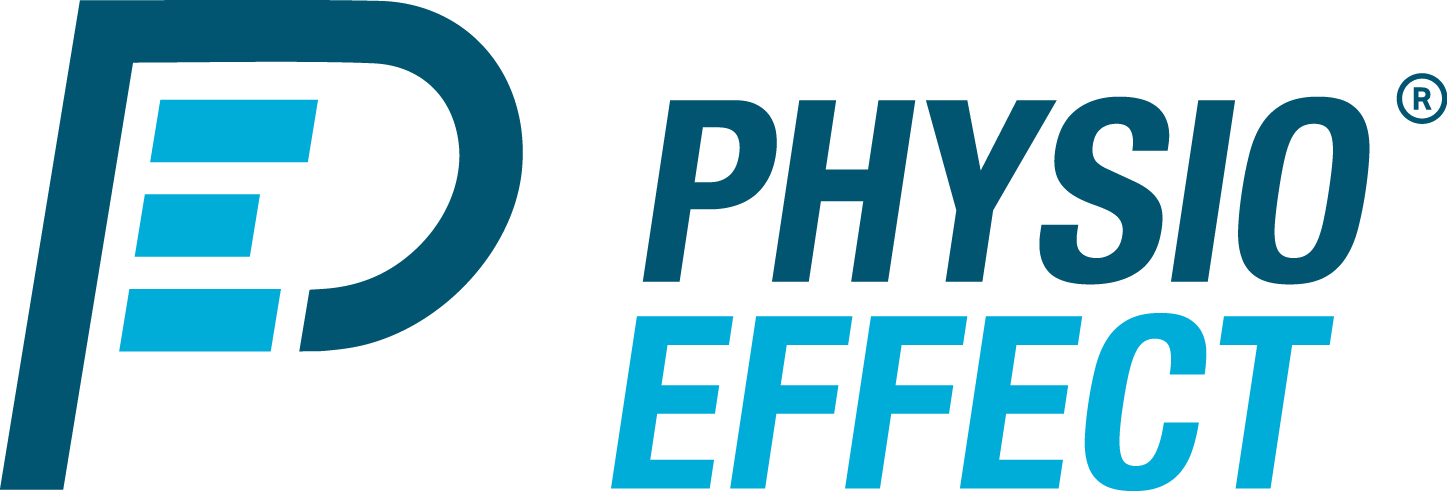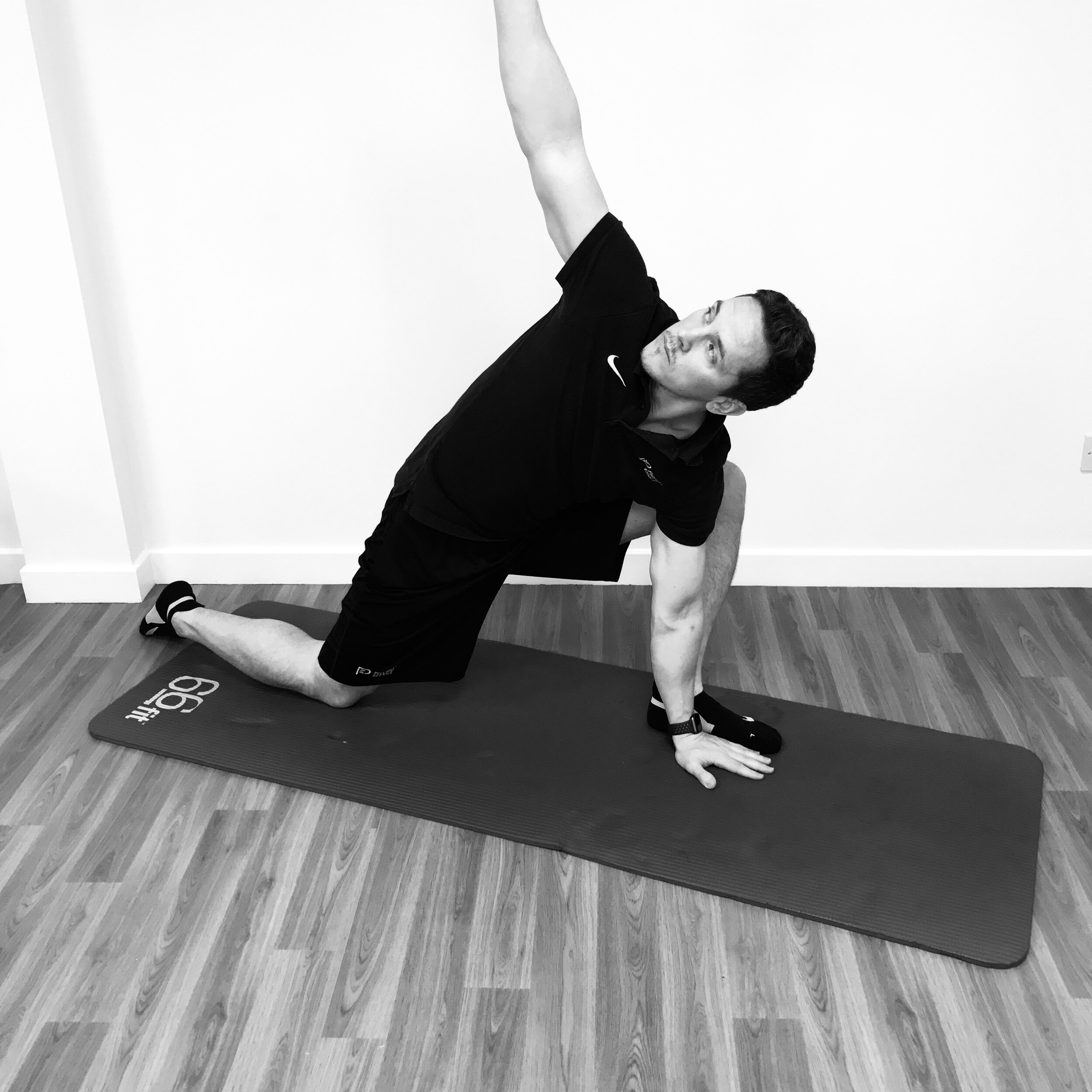For over a year I’ve been enjoying teaching two Antenatal Pilates classes at Physio Effect and, from the start, the classes have been fully subscribed. Many of the women tend to come from Health Care professions themselves and know the benefits of exercising during pregnancy. I am always surprised at how many old wives’ tales are out there and how many women remain inactive or stop physical activity during this crucial time. I plan to summarise some recent evidence-based reviews on the topic so that the facts can be divided from fiction.
The evidence shows that exercising during pregnancy is completely safe and in fact improves the chance of a healthy baby and mum. There are some exceptions to each rule which is why it is important to check with your midwife/ health care practitioner first and exercise with someone trained to adapt a programme to you. More detail of this evidence is presented below.
The first publication I wanted to share is by the UK Chief Medical Officers (2019) and based on best available evidence. The infographic summarises the key points however you can access the full report via this link.
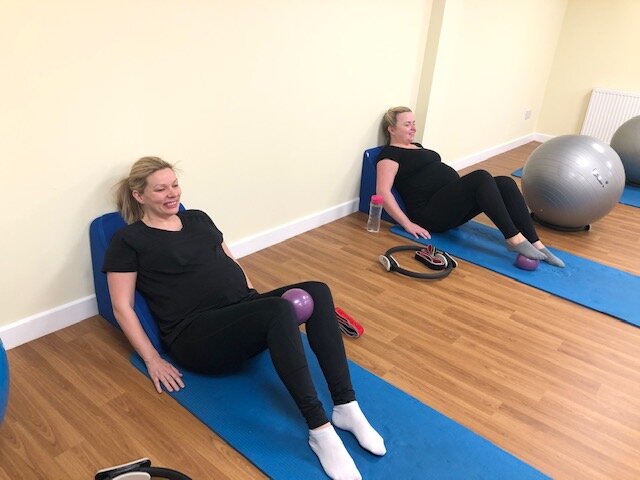
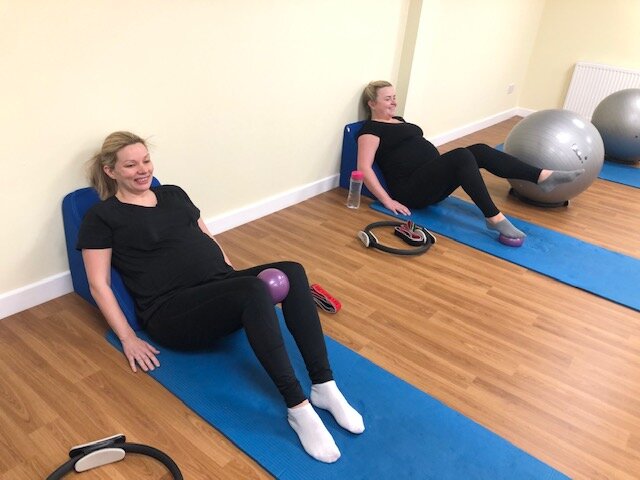
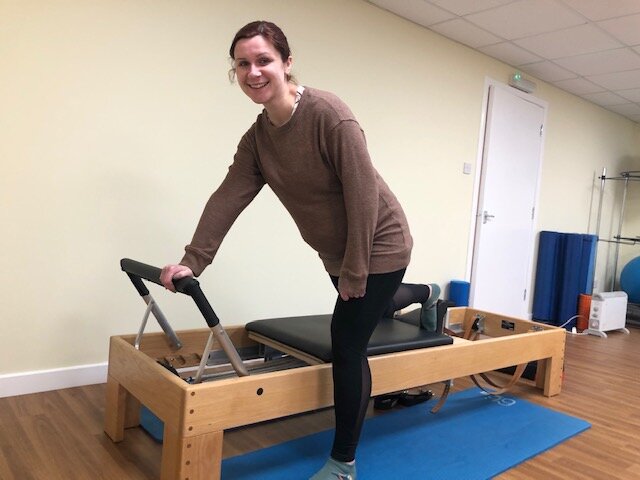
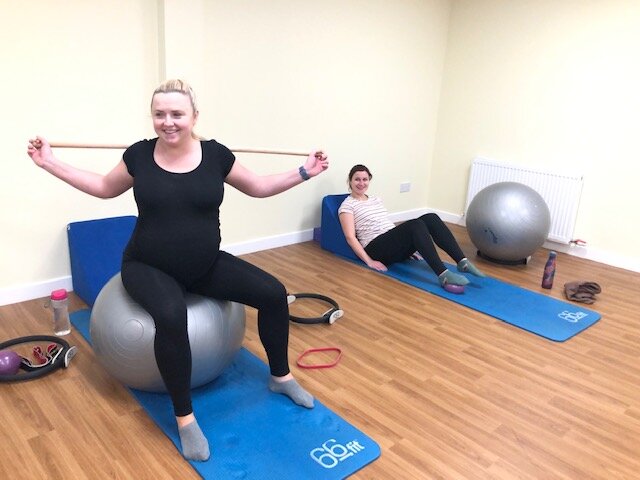
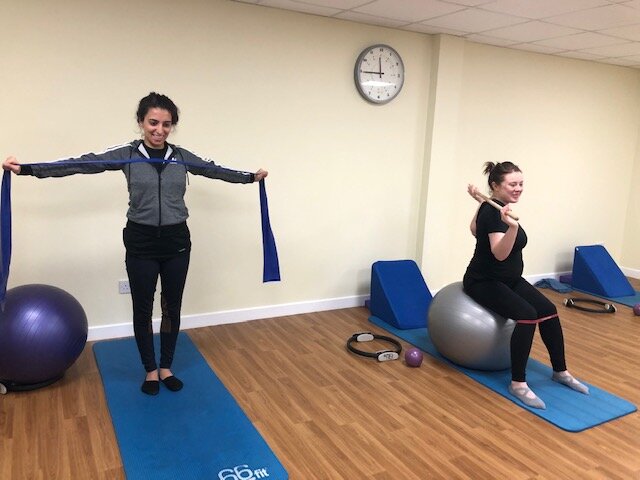
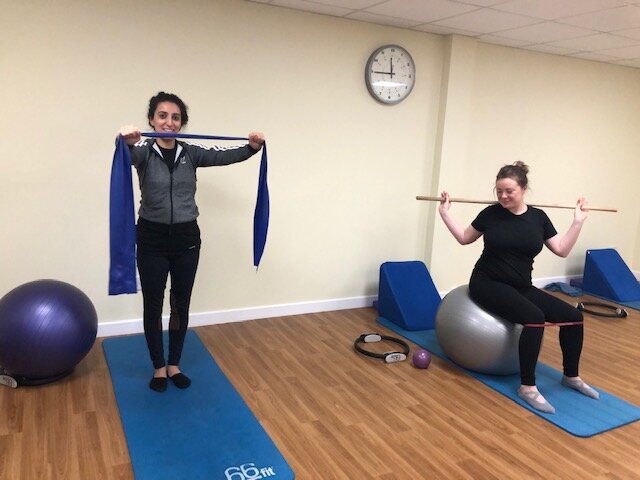
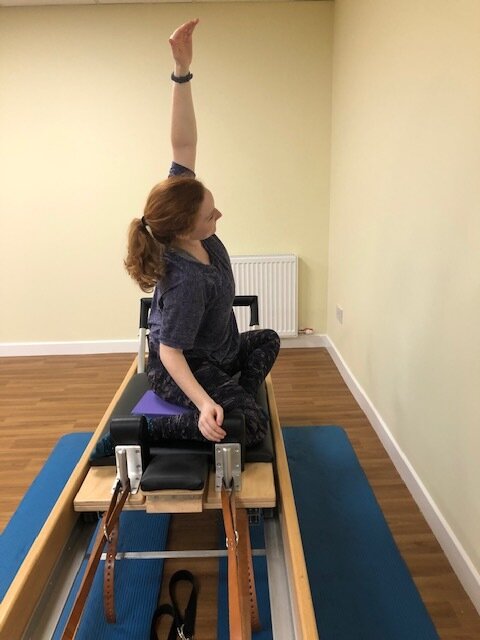
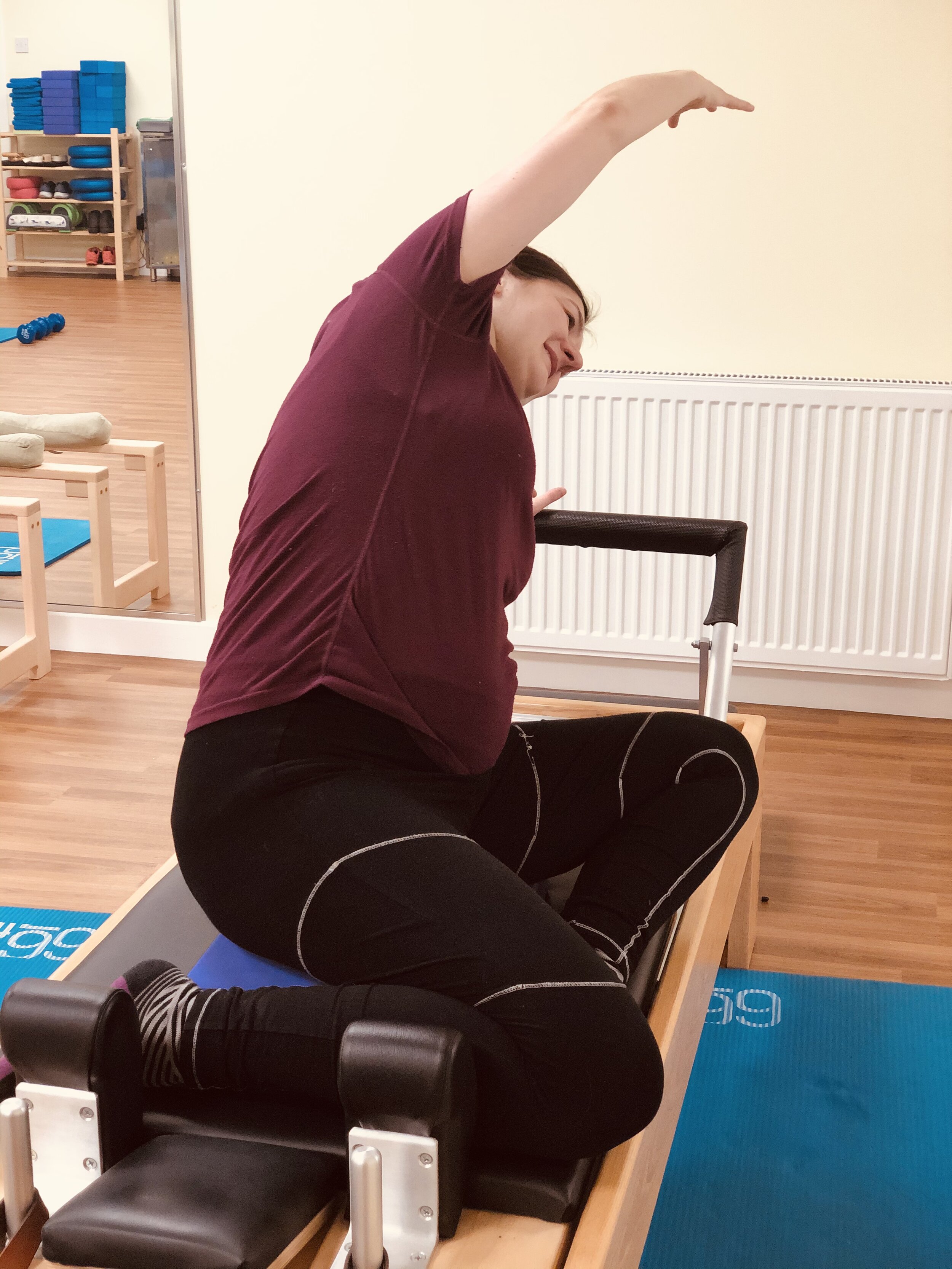
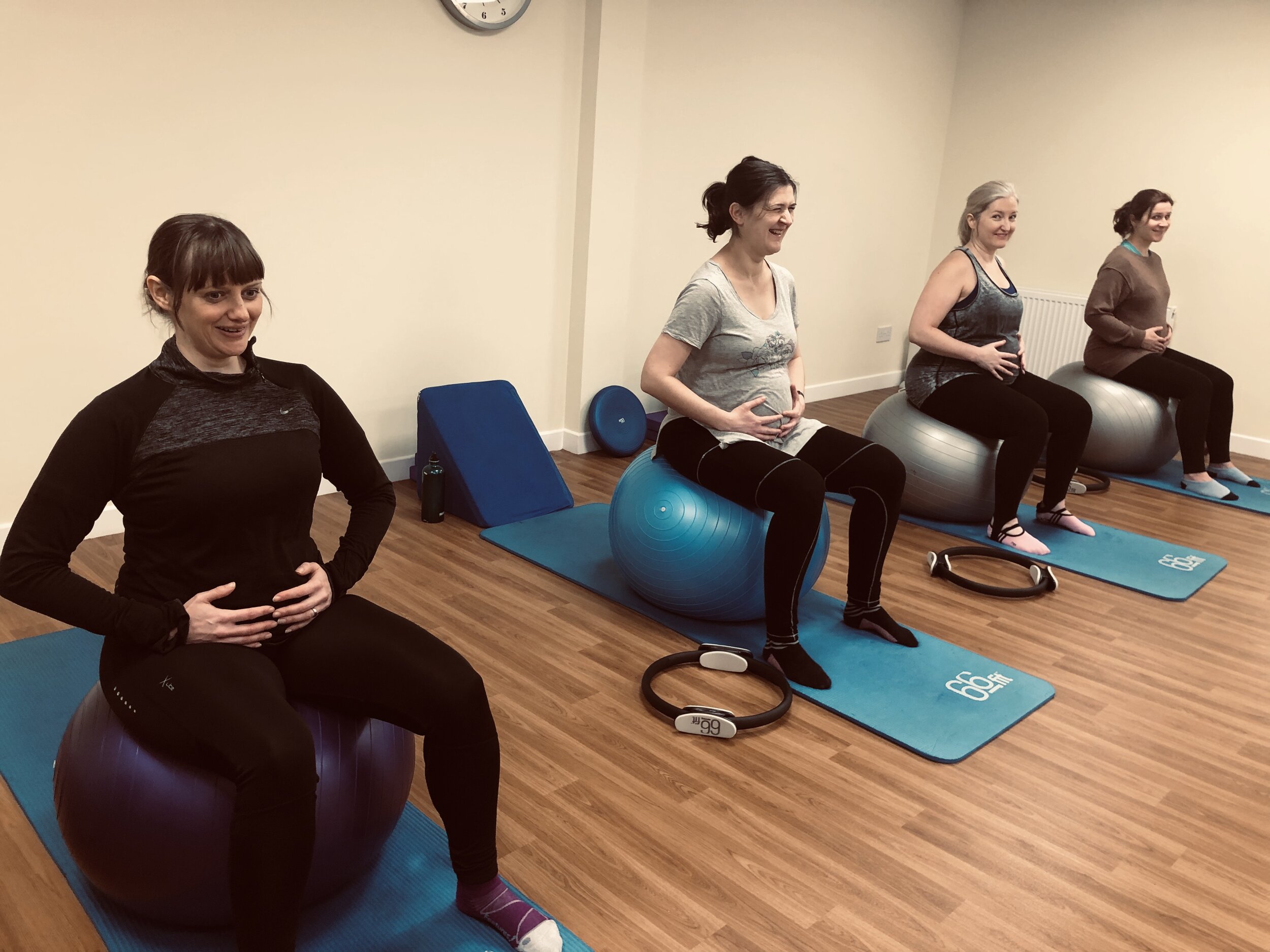
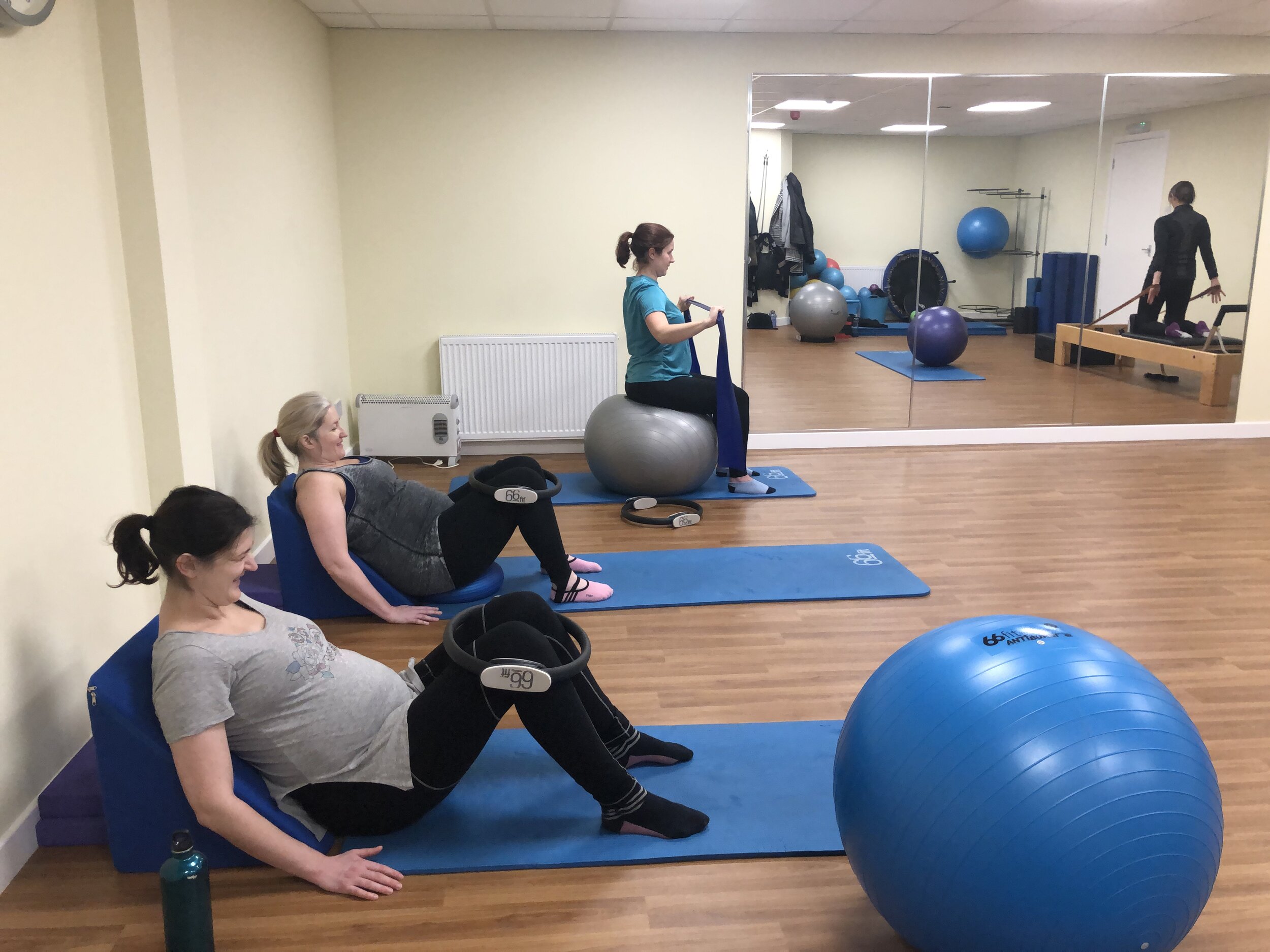
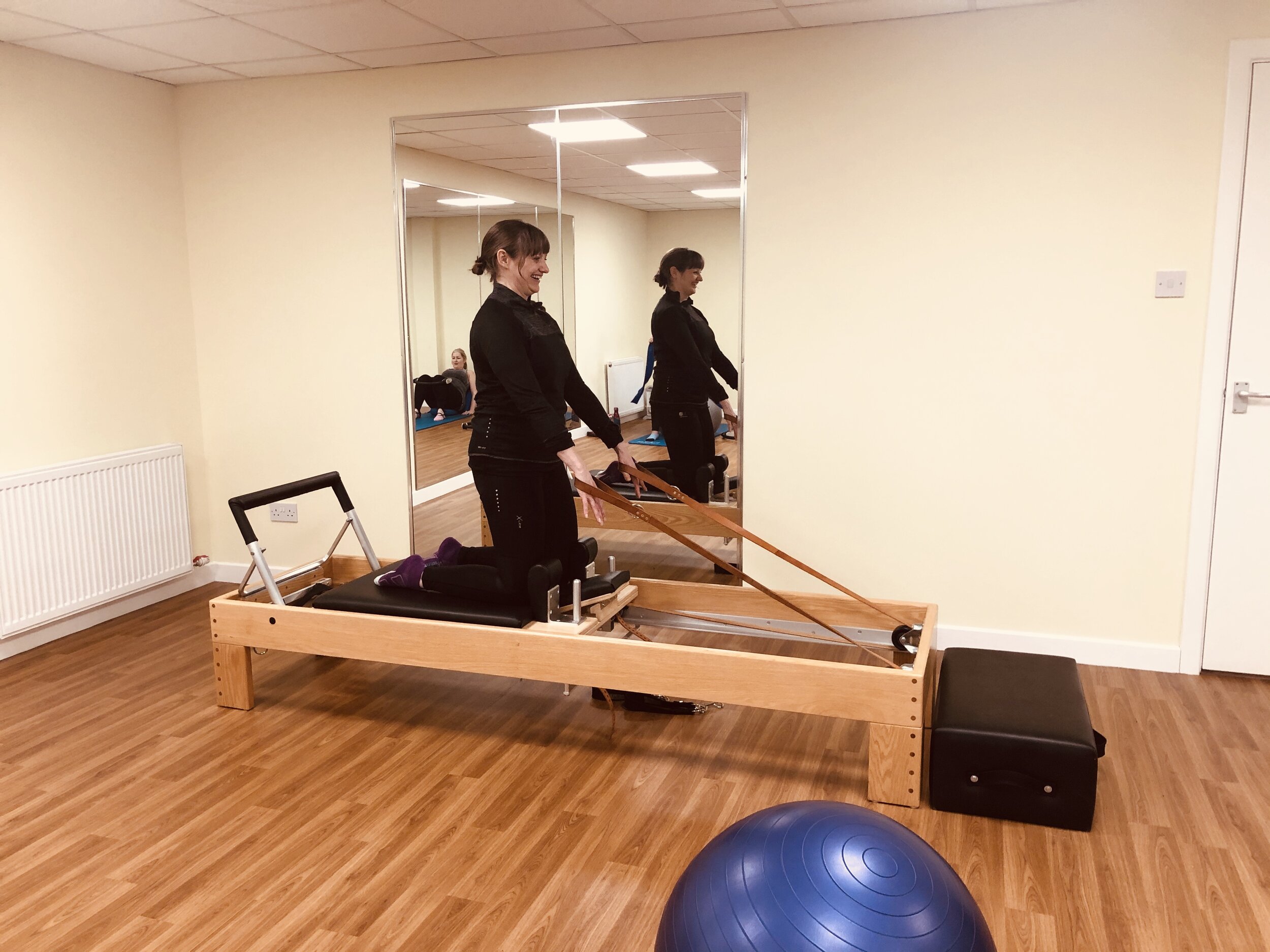
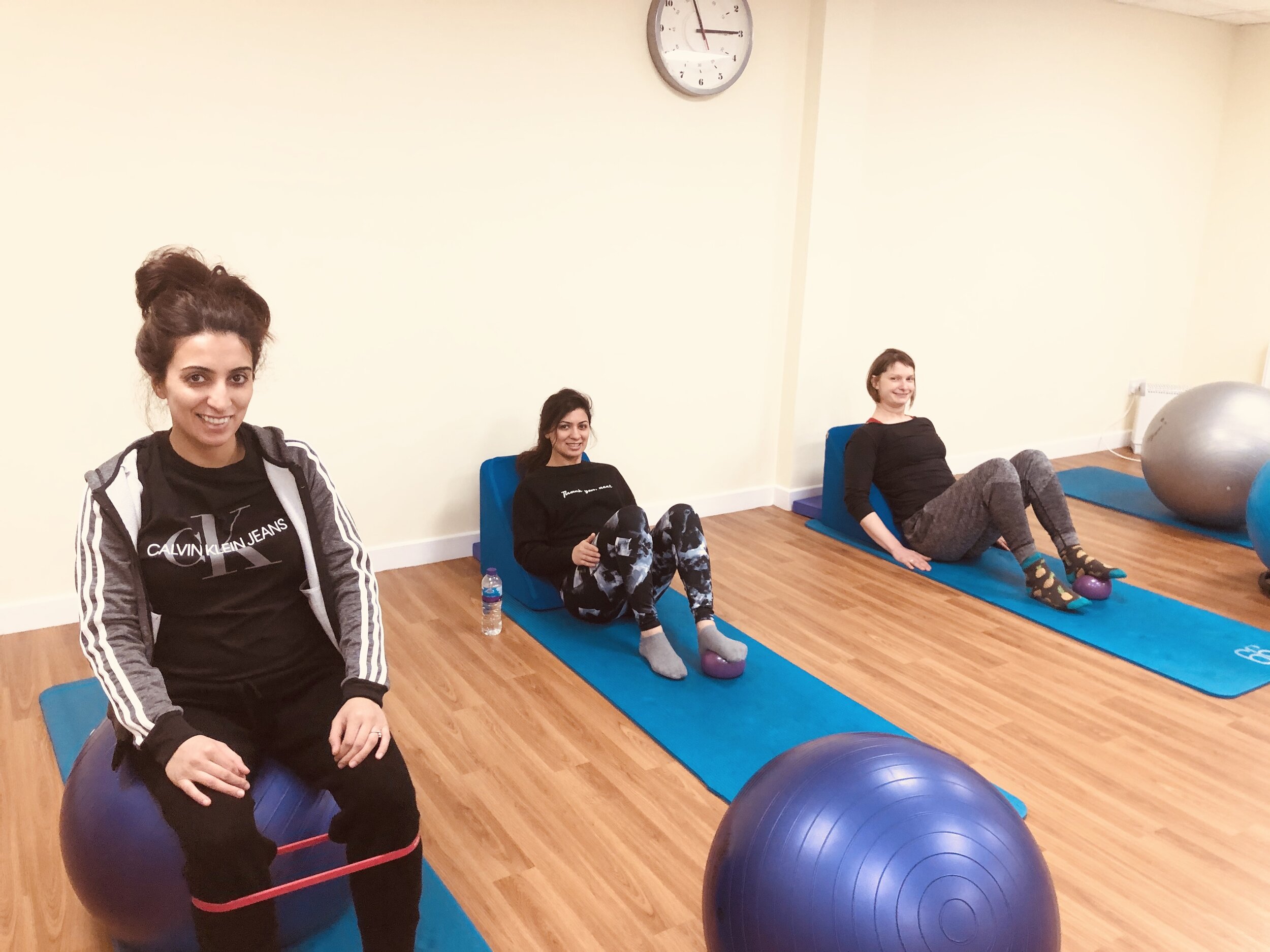
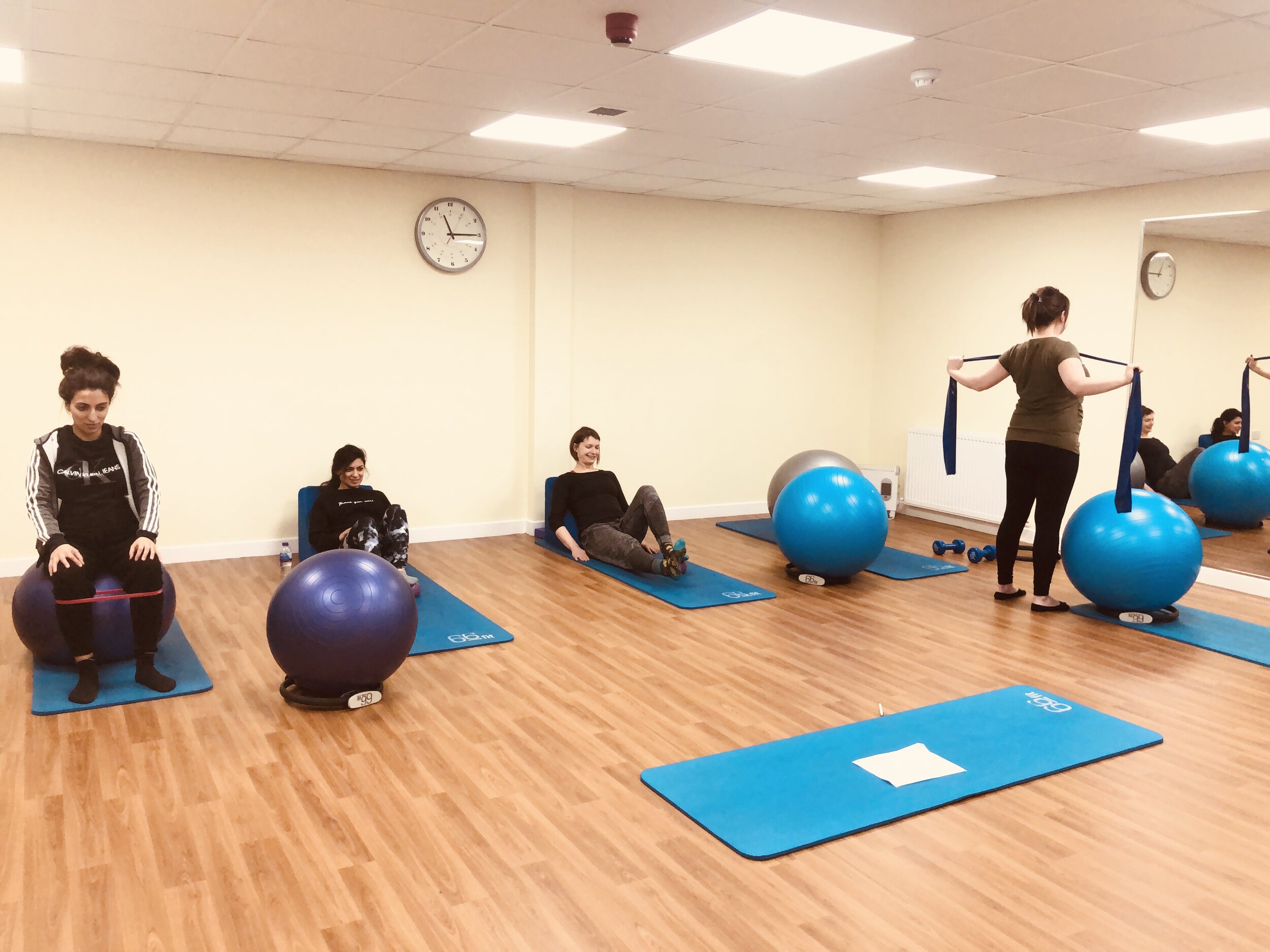
References;
Mottola MF, Davenport MH, Ruchat S, et al
2019 Canadian guideline for physical activity throughout pregnancy
British Journal of Sports Medicine 2018;52:1339-1346
Smith R, Reid H, Matthews A CMO Physical Activity Expert Committee for Physical Activity and Pregnancy, et al
Infographic: physical activity for pregnant women
British Journal of Sports Medicine 2018;52:532-533.
The report states that exercise during pregnancy has been shown to reduce high blood pressure and improve cardiovascular fitness. In addition, it can lower the risk of pregnancy related diabetes and gestational weight gain.
My favourite most recent ante natal exercise paper is “2019 Canadian guideline for physical activity throughout pregnancy”. A group of experts in the field have summarised their recommendations and highlighted the evidence they have to back these up as well as writing a detailed list of who should seek further advice before beginning an exercise program. See this link to read the paper in full.
Below is a summary of their main findings.
‘Strong recommendation’ and have ‘moderate’ quality evidence to support this. (The reason they have said the evidence is ‘moderate’ is because it can be challenging to get enough high quality studies that have enough people in them and are designed robustly to back up their statements.)
All women with normal pregnancies should be active throughout.
At least 150 minutes of moderate level physical activity should be accumulated to achieve these health benefits and reduce pregnancy complications
Accumulating this activity over a minimum of 3 days a week is recommended, however daily activity is encouraged.
Higher evidence and so can be seen as an agreed fact (This is a ‘strong recommendation’ with ‘high’ quality evidence, which is great news for exercising mums to be!):
The types of exercise recommended includes a variety of aerobic and resistance training. Stretching and yoga can also be beneficial.
Common practice however seen as ‘weak recommendations’ as have ‘low-quality’ evidence to back them up:
Women should be taught the correct technique for pelvic floor muscle exercises and carry these out daily to reduce the chance of continence issues.
Women who experience nausea, light-headedness or feel unwell when exercising flat on their back, should modify their exercises to avoid this position.
Antenatal Classes at Physio Effect
Our antenatal class offered at Physio Effect incorporates the above guidelines by contributing to the recommended exercise volume & frequency. Stretching, resistance and pelvic floor exercises are given under guidance by a trained physiotherapist. In addition, exercise position is modified with use of equipment such as a foam wedge and the Pilates reformer. It’s also a great way to meet other mums to be. Please click here for details on booking the class.
Note that we also offer a post-natal program which you can bring your baby along to. This is designed to help restore your body and gently bring to back to the correct level of exercise. Find out more about our CryBaby Pilates classes here.
Our antenatal Pilates class is a bespoke class, individually designed for each person who attends. Clients will be assessed by a physiotherapist who will design and teach the class. For example, the program can help with any musculoskeletal injuries and pregnancy related issues such as pelvic girdle pain. In addition, stage of pregnancy, pelvic floor exercises and safe positions for exercise will be incorporated into this programme.
